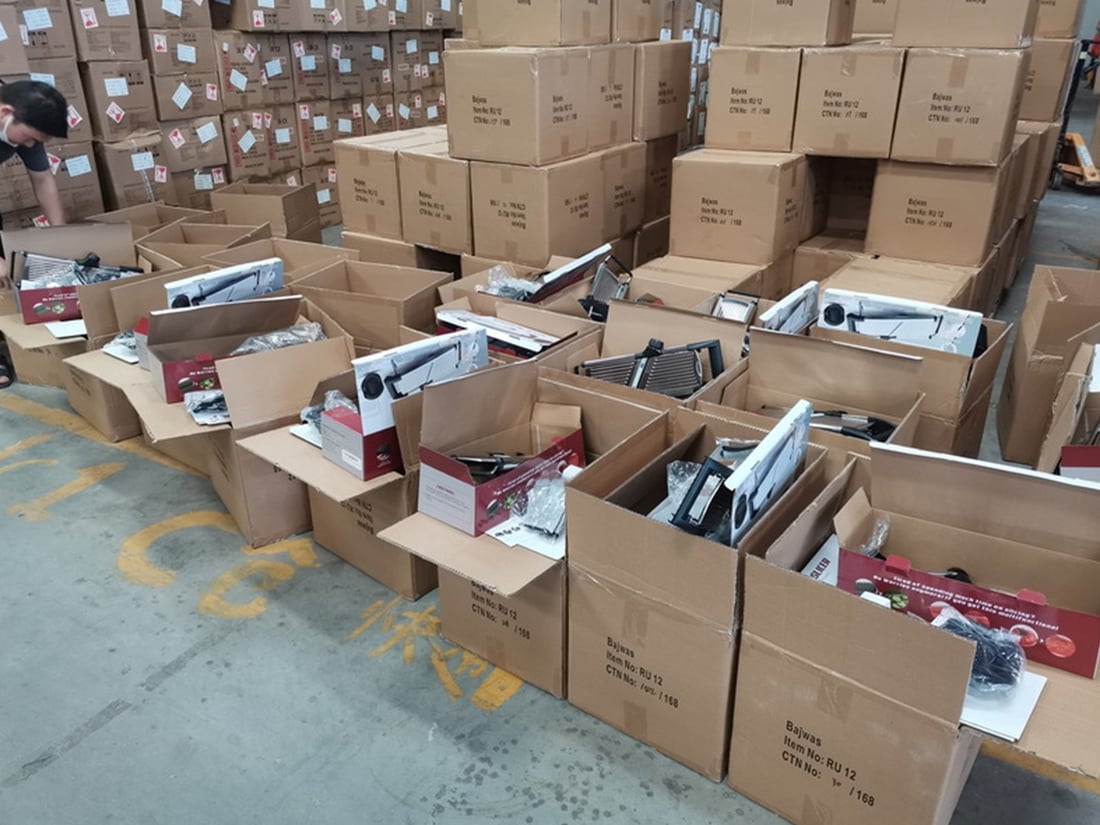A Brief Introduction to Pre-Shipment Inspection
Pre-shipment inspection is a crucial step in the international trade process that aims to ensure the quality, quantity, and compliance of goods before they are shipped to their destination. This inspection is typically carried out by third-party inspection agencies or professionals who are independent of the buyer and the seller. In this article, we will explore the various aspects of pre-shipment inspection and its importance in international trade.
Why is Pre-Shipment Inspection Necessary?
Pre-shipment inspection plays a vital role in reducing the risks associated with international trade. By conducting a thorough inspection before the goods are shipped, importers can verify that the products meet the agreed-upon specifications, quality standards, and regulatory requirements. This helps prevent potential disputes, delays, and financial losses due to receiving substandard or non-compliant goods.
The Scope of Pre-Shipment Inspection
The scope of pre-shipment inspection may vary depending on the nature of the goods, the industry, and the country of import. However, it generally includes the following aspects:
- Visual inspection of the goods: This involves checking the physical condition, packaging, labeling, and overall appearance of the products.
- Quantity verification: The inspector ensures that the quantity of goods matches the purchase order and shipping documents.
- Quality assessment: The products are examined to ensure that they meet the agreed-upon quality standards and specifications.
- Functionality testing: Depending on the nature of the goods, functional tests may be conducted to verify their performance and functionality.
- Documentation review: The inspector reviews the relevant documents, such as certificates of origin, shipping documents, and compliance certificates, to ensure their accuracy and completeness.
The Benefits of Pre-Shipment Inspection
Pre-shipment inspection offers several benefits for both buyers and sellers involved in international trade:
- Quality assurance: By conducting inspections, buyers can ensure that they receive goods of the expected quality and prevent the risk of receiving defective or substandard products.
- Regulatory compliance: Inspections help importers ensure that the goods meet the regulatory requirements of the destination country, avoiding potential legal issues or customs clearance delays.
- Cost savings: Identifying and rectifying quality issues before shipment can save buyers from incurring additional costs associated with returns, replacements, or rejections.
- Enhanced reputation: Consistently delivering high-quality goods can enhance a seller's reputation and build trust with their customers, leading to repeat business and positive word-of-mouth recommendations.
Common Industries That Benefit from Pre-Shipment Inspection
Pre-shipment inspection is applicable to a wide range of industries. Some of the common industries that benefit from this process include:
- Textiles and garments
- Electronics and electrical appliances
- Automotive and spare parts
- Toys and children's products
- Furniture and home decor
- Food and beverages
Understanding the Inspection Process
The pre-shipment inspection process typically involves the following steps:
- Booking an inspection: The buyer or importer contacts an inspection agency to schedule an inspection before the goods are shipped.
- Documentation submission: The buyer provides the necessary documents, such as purchase orders, specifications, and shipping details, to the inspection agency.
- Inspection arrangement: The inspection agency coordinates with the seller or manufacturer to arrange the inspection at the factory or warehouse.
- On-site inspection: The inspector visits the location and performs the necessary checks, tests, and verifications based on the agreed scope of inspection.
- Inspection report: The inspector prepares a detailed report outlining the findings, including any deviations from the agreed specifications or quality standards.
- Decision-making: Based on the inspection report, the buyer can make informed decisions regarding the acceptance, rejection, or negotiation of the goods.
The Role of Inspection Agencies
Inspection agencies play a pivotal role in pre-shipment inspection. They are responsible for conducting impartial and independent inspections to ensure the integrity of the process. Some key responsibilities of inspection agencies include:
- Assigning qualified inspectors: Inspection agencies appoint skilled and experienced inspectors who possess the necessary expertise in specific industries or product categories.
- Ensuring compliance: The agencies ensure that the inspection process complies with applicable standards, regulations, and industry-specific requirements.
- Providing accurate reports: Inspection agencies prepare detailed and accurate inspection reports that clearly outline the findings, deviations, and recommendations for the buyer.
- Offering additional services: Some inspection agencies may offer value-added services, such as laboratory testing, supplier audits, or production monitoring, to further assist buyers in quality control.
Choosing the Right Inspection Agency
When selecting an inspection agency for pre-shipment inspection, it is essential to consider the following factors:
- Accreditation: Choose an agency that is accredited by recognized bodies or institutions to ensure their competence and adherence to international standards.
- Industry expertise: Look for agencies that have experience and expertise in your specific industry or product category.
- Reputation: Research and evaluate the agency's reputation by reading customer reviews, testimonials, and case studies.
- Cost and efficiency: Consider the agency's pricing structure, turnaround time, and the level of customer support they provide.
In Conclusion
Pre-shipment inspection is a critical step in international trade that helps ensure the quality, quantity, and compliance of goods before they are shipped. By conducting inspections, buyers can minimize the risks associated with receiving substandard or non-compliant products, while sellers can enhance their reputation and customer satisfaction. Choosing a reliable inspection agency is crucial for a successful inspection process. By following these guidelines, importers can navigate the complex world of international trade with confidence and peace of mind.

